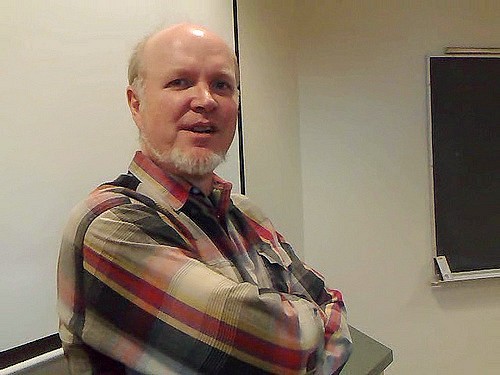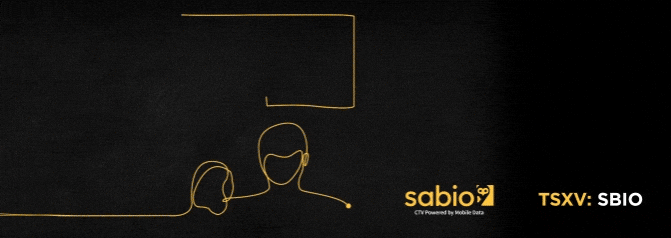Blockchain is “an overpromoted sideshow,” says Tim Bray

 The hype surrounding blockchain is both unavoidably loud and globally prophetic in tone. Game-changing, disruptive and revolutionary, none of these terms seem to do justice to the talk surrounding this emerging technology, set to change not just everything we know about banking and the financial services industry but everything, period.
The hype surrounding blockchain is both unavoidably loud and globally prophetic in tone. Game-changing, disruptive and revolutionary, none of these terms seem to do justice to the talk surrounding this emerging technology, set to change not just everything we know about banking and the financial services industry but everything, period.
Or maybe not, says Tim Bray, pioneering software developer and co-founder of Waterloo’s OpenText Corporation, whose recent blog post tears into blockchain, saying that, ultimately, the world’s transactions, be they financial or otherwise, don’t need it.
“I looked into blockchain technologies carefully and I’ve ended up thinking it’s an overpromoted niche sideshow,” says Bray.
What is blockchain? The story goes that while the internet is definitely a handy tool for sharing, duplicating and spreading around information, it is less good at transferring value —that’s why banks and other intermediaries are involved in, for example, your online bill payments so as to validate your identity and in essence to establish the system of trust necessary for electronic funds to move about.
But blockchain, a format originally created to run the digital currency bitcoin, promises to dump the proverbial middleman. Blockchain is a decentralized, distributed ledger, built piece by piece (hence the blocks) and using cryptography to allow for the secure exchange of goods. Anyone can take advantage of blockchain technology, the idea goes, meaning that the over two billion unbanked people of the world, for instance, would be able to participate in such goods transfer (with the aid of an internet connection, that is).
One person who would disagree with Bray is Don Tapscott, author of acclaimed books on technology such as Wikinomics and The Digital Economy, in a new book called Blockchain Revolution, written with his son, Alex Tapscott.
“Today thoughtful people everywhere are trying to understand the implications of a protocol that enables mere mortals to manufacture trust through clever code,” says Tapscott. “This has never happened before—trusted transactions directly between two or more parties, authenticated by mass collaboration and powered by collective self-interests, rather than by large corporations motivated by profit.”
Recently, the Tapscotts opened a multi-million-dollar research institute in Toronto to investigate the potential impact of blockchain technologies. With funding both from the private sector and from governments from several countries, the Blockchain Research Institute aims to hire leading experts to conduct the research projects.
“They’ll be projects like, how does this change manufacturing, health care, resources, energy, government and, of course, banks?” Tapscott said, to the Toronto Star. “But there will also be projects about how it changes the way that we run companies and organizations.”
Yet Bray is not convinced. Dismissing more technical objections like the “laughably slow transactions-per-second” of most current versions of blockchain, he points to what he calls “the huge business contra-indicator,” namely, that while a lot of money has been pushed into blockchain (Bray mentions a billion dollars), so far, there has been nothing to show from it. Worse, says Bray, unlike previous game-changers, blockchain is not gaining the interest of the tech community as an idea that can be engineered to serve a practical purpose.
“I’ve seen wave after wave of landscape-shifting technology sweep through the IT space,” says Bray. “Personal computers, Unix, C, the Internet and Web, Java, REST, mobile, public cloud. And without exception, I observed that they were initially loaded in the back door by geeks, without asking permission, because they got shit done and helped people with their jobs.”
“That’s not happening with blockchain,” says Bray.


